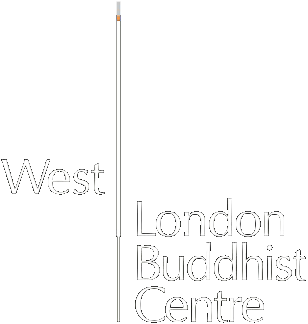I haven’t a clue
What is the name of that bird singing? Where did the phrase ‘reach out to’ come from? What is the fifth fetter in Buddhism?*
No, this is not a pub quiz or a similarly named television programme. It’s an example of the regular mental meanderings of so many of us (well, mine yesterday morning). Yet our attention doesn’t just stop at the question. It is often followed by the urgent need to know. Or, perhaps more popularly, to Google it. [Hmm, when did Google become a verb?…] And often once we own the ‘information’ of when or why or what, we let go of our interest, our connection with that fact or thing. In other words, our curiosity and the potential to experience something beyond the original question dissolve. ‘I know it – so let’s move on.’
This rush to ‘owning’ knowledge can shut us off from ‘knowing’ in an experiential way (a form of wisdom). Of plumbing our own connections, intuition, experience. Of appreciating the particular tune of the bird, its range, its emotion. Of looking for the bird and marvelling that such an operatic sound can come from such a wee little dull-coloured ball of feathers. Of seeing the bigger picture.
This is moving into the ‘don’t know mind’. An opportunity to soften or even let go of our need to always ‘know’ (and all that might reflect) and travel into the realm of ‘maybe I’ll never know’ or ‘is it really necessary to hold that information?’. Yes, there are times when knowing is helpful, even essential. And there are many, many times when we distract ourselves from our present experience of body, of mind, of heart with collection of facts.
So next time we’re tempted to Google something, pause, release into the body and try saying to ourself ‘I haven’t a clue’.
With a bow
Maitripushpa
*answers to the above questions
~ sparrow ~ AT&T (US telecom giant) 1979 marketing slogan ~ ill will

